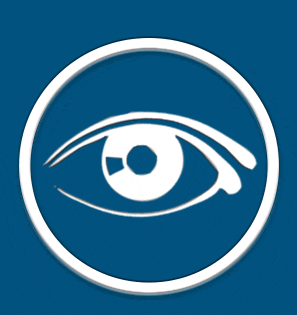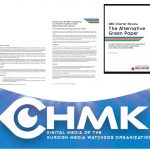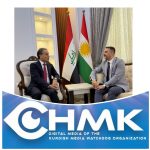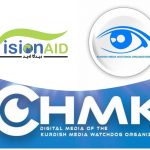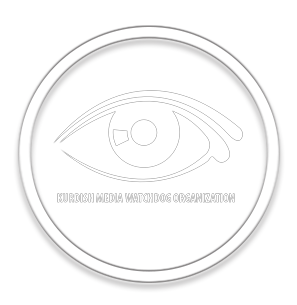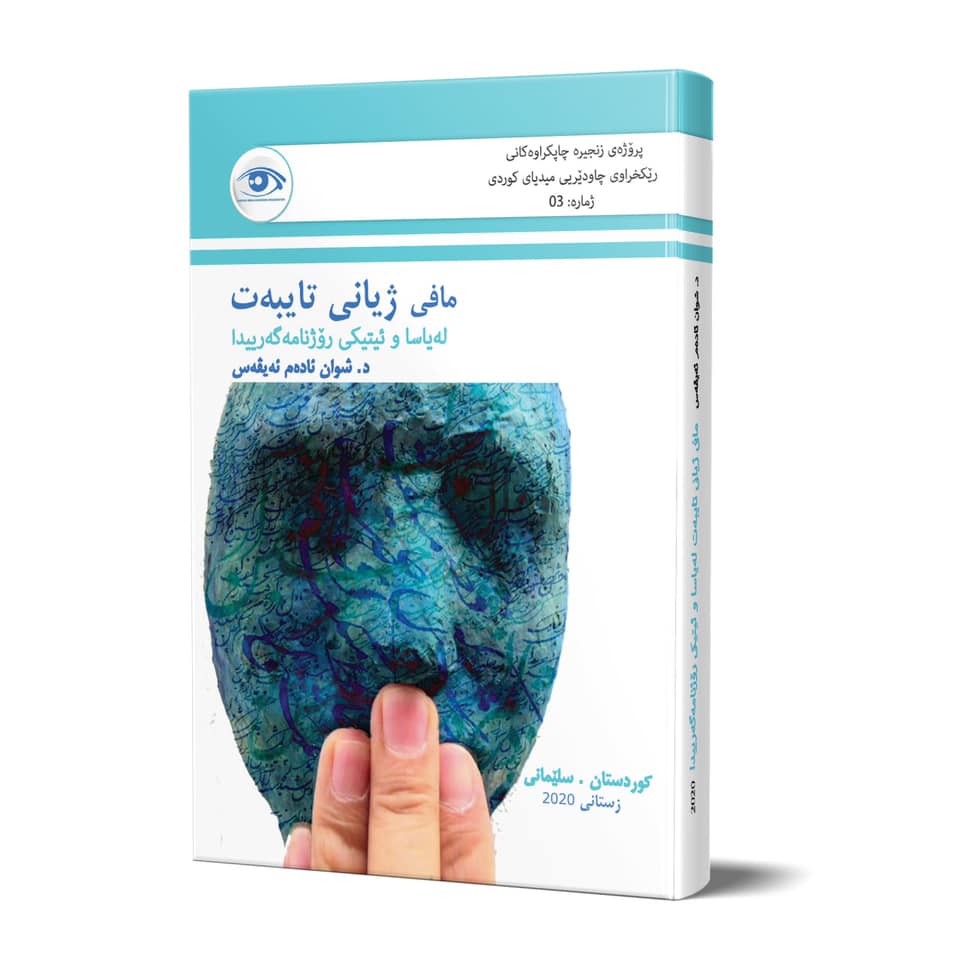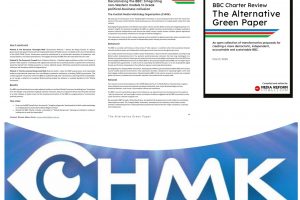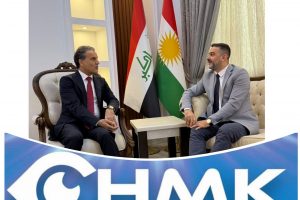In this research, we shed light on items of private live freedoms’ and how it is different from the public right and the way they interact with freedom of expression and press. Other points addressed are circumstances where systems and cultures how they freely allow or limit trespassing into personal life through media outlets just to regulate and balance the relation between freedom of media and the right of a private life since fame and pride is no less than private life locally and internationally recognized. By violating it, people are ethically and legally charged.
The development of technology and science and variety of media and communication methods in the age of globalization and boost of information and data, the opportunity for individuals to express themselves crosses geographic borders and brings together all poles closer and closer. Consequently, freedom of expression and media becomes wider and on the other side unveiled personal life crisis and sneaking into the very private lives of the others. This covers not only individuals but also local and international institutions as well. Such a phenomenon is familiar in the Kurdistan region, other Iraqi provinces and neighbour countries which were all affected by the influence of the global crisis covered and circulated by media and communication.
In Kurdish media, this phenomenon is so at stakes especially in the press that invades personal life aspects overlooking media ethics and legal principles in order to boost sales and revenues paving the road for yellow papers that can be easily recognized in today journalism.
Unveiling affairs and social ties of personnel with photos without asking for publishing permission, interfering in rights and freedoms of Kurdish individuals and broadcasting phone calls and sexy adventures and others, all are vivid samples for violating the right of private life by Kurdish media.
Generally, individuals and figures defend four sensitive aspects of private life as unveiling then publishing it, it endangers the destiny of related people:
First: Information and data including all rules and private matters such as medical, financial and government record and documents which are called protected information and have its own rules and regulations.
Second: Physical and psychological records which should be right protected especially in medical tests of HIV, birth, psychological diseases, other similar cases.
Third: Communications: in order to ensure the privacy of emails, phone calls, post, photos and documents, and any other relations of individuals like love affairs, family, psychology, sex, and so on.
Fourth: Location privacy: to keep the secret of temporary residence for tourism and spare time or permanent residence for the long term and work residence.
According to the research title and order of topics, the plan of the research is composed of three parts plus the introduction and the ending;
The first part paves the road for the following parts, explaining the concept of right and the theory of individualism, privacy, socialism and the role of need and interest of individuals, types of rights, political and civil rights and the value of private life among all. The concept of the right for private life and its characteristics is explained common definitions and signs. Later the relationship between the right of private life and how it is reflected in media outlets is discussed.
The second part is dedicated for freedom of expression, press, ruling systems, and how they respond to violation and insurance of private life of individuals. The concept of media freedom and role of democratic systems in enhancing this kind of freedom and political, economic and social barriers, role and duty of journalists, private life, the difference between public and private figures and how media to handle it by samples, all is explained.
The third part and the last is the continuation of the research title and mainly covers how to defend and violate private life according to law and ethics of journalism whether according to the universal declaration of human rights in 1948, the international charter of private civil and political life right in 1966, European agreement for human rights in 1950, American agreement for human rights in 1969, documents for human and public life in Arab homeland in 1986, protection of personal life in Iraqi constitution in 2005 and Kurdistan region constitution project in 2009 and local laws like penalty code, personal status law, copyright, abuse of communication, and Kurdistan region press law.
Besides, the research touches private life right according to journalism ethics’, ethical and legal duty in respecting private life, then ethical, civil, criminal and admin penalties follow.
In the end, the conclusion is shown plus recommendations and proposals for publicizing the right of private life and how to ensure it ethically and legally. The following points are some of the conclusions comprehended from this study:
Expect of several models from the private sector, the majority of Kurdish media have been financially supported by political parties and elites.
The lack of academic background and speciality in legal principle and professional standards of media ethics.
Invasion of media ethics standards and infringement of individual privacy right by Kurdistan’s journalists.
Dissemination of private picture and manipulation of women’s sexual footages without their prior authorizations, and surveillance family life, financial situation, publishing personal communications, intrusion political opinions of individuals, and so on, most of those are the main examples of personal privacy right infringements in the Kurdistan region’s media.
The lack of specific law in the Kurdistan region to protect individual privacy right in each class of mainstream and alternative media, in addition to that there is no distinction between crimes of defamation and invasion of individual private life rights.
